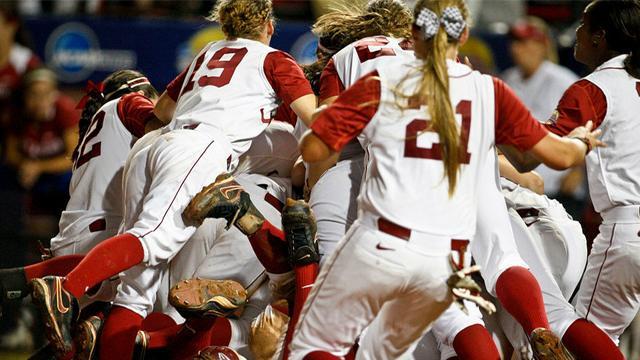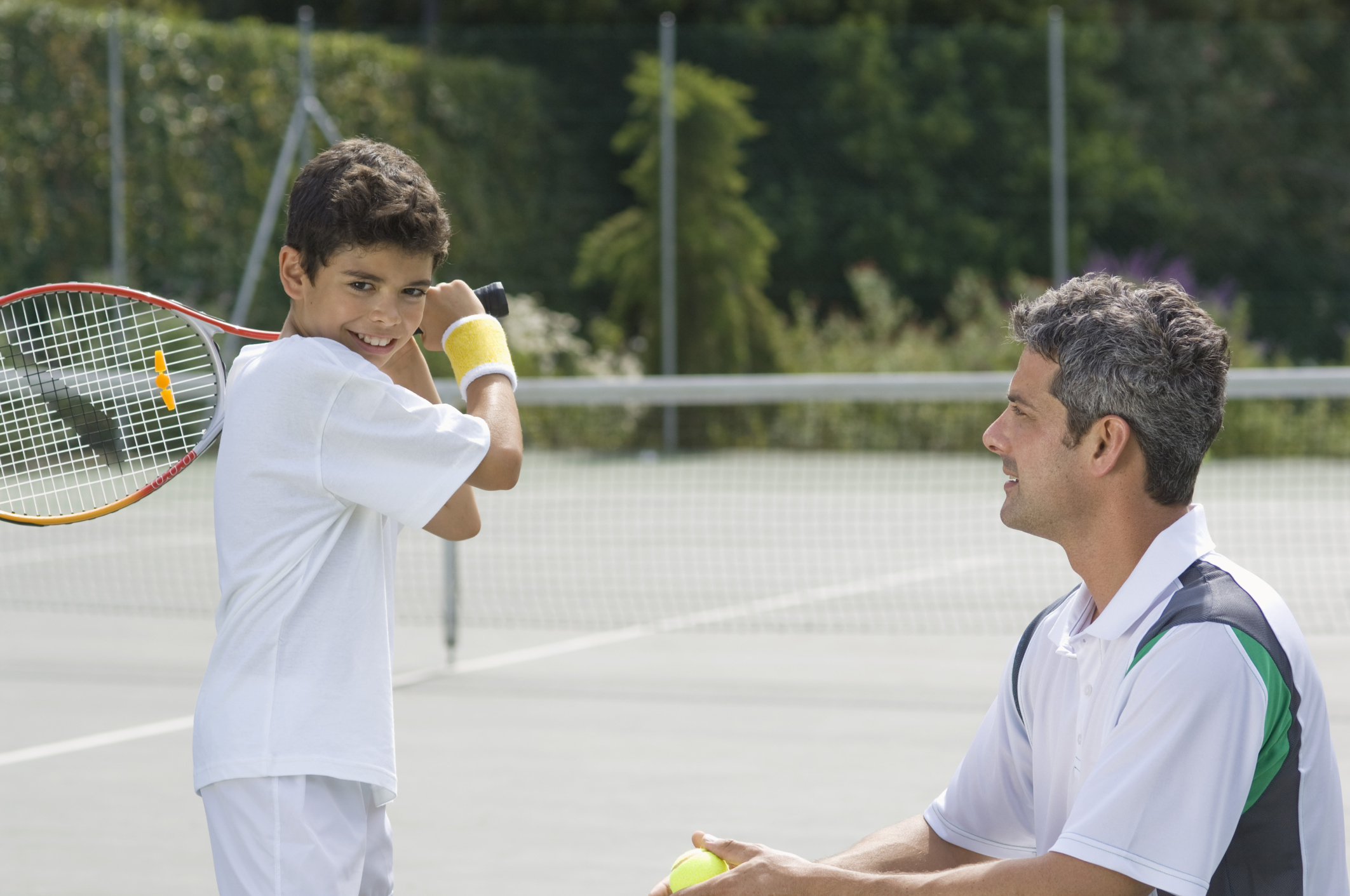This past week on our Facebook page, we had a great discussion on how to praise your athletes, so that the praise would be helpful, and not harmful (yes, it can be harmful) to their development. It was really a great discussion, so I wanted to sum it all up for everyone so you had it in one place. Many of these are passages from my book Changing the Game. Please share this with your friends and family, as well as other coaches, so that we can all make sure our praise is helpful to our kids!
Parents often ask me, “How do I praise my child, and when is it too much or too little?” Many parents fear that if they do not excessively praise their children, their kids will feel unloved and uncared for. The result is over-praise, and their kids see right through it. I have seen many athletes tell their mom and dad, “You’re just saying that because you are my parents,” and they are right. Learning how to praise appropriately, and what to praise, is an important part of developing a child’s confidence and raising a high performer. Here are 5 Key Elements of Praising Your Athletes:
PRAISE EFFORT: Praising effort works because it gives credence to the baby steps, the difficulty, and the determination that constitutes the learning process. It gives credence to both failure and success. We discussed the work of Dr Carol Dweck of Stanford, and her amazing studies on how different types of praise can completely change the mindset of an athlete.
Focusing on the effort instead of the outcome keeps coaches and parents present with our children in their struggle, holding their hand and even carrying them at times. It makes us a partner in the process and allows our athletes to give their attention to the journey and not the destination. It also allows parents and coaches to recognize everything our young athletes are accomplishing along that journey. Praising effort prevents us from being so focused on the prize that we forget to give credence to what got our athlete there. High performers are all about the process, and the process is all about effort.
BE CLEAR AND CONCISE IN YOUR PRAISE: This is something I have to constantly remind myself to do. I have a habit of saying to players ‘you are playing really well” instead of focusing on their effort and application as the cause of their good results.
Your praise should come in the form of encouragement for your child and should be specific, clear, and focused on the process. “Good job today” is nice, but it’s not action-, effort-, or goal-specific. On the other hand, “You’ve really been training hard, and today you put it all together in that race. You could not have done that last year” encourages your child for their effort, their perseverance, their progress, and their competence. It gives them ownership and control over the result and demonstrates that you have been paying attention to their effort throughout the year. It activates your child on multiple levels and sets the stage for further improvement, additional goal setting, and continued improvement (Changing the Game p 160)
DO NOT OVER-PRAISE KIDS: Try not to over-praise your child. We have all met the ‘over-praiser,”, you know the parents who acts as if every stick figure is a Picasso, and every recital performance was Oscar worthy. These parents are afraid that their child’s self-esteem will suffer if they are not encouraged and praised for every outcome, and this is not true.
Over-praising your child can be a negative on two fronts. First, children can become apathetic to praise, since they hear it all the time. You will run out of superlatives and be unable to discern real achievement from the everyday norm. Second, kids are smart, and they soon catch on if everything they do is “fantastic” or “brilliant” or “awesome.” It’s not, and your kids eventually know a good performance from a bad one. They will grow cynical to your words if everything is incredible. (Changing the Game p 161)
DO NOT PRAISE BY COMPARISON: Do not attempt to praise your child by comparing them to others. I have seen many parents try to make their own kids feel better by tearing down other players. This not only can cause a fixed mindset, but it is very destructive of team dynamics.
There are better ways to encourage your child than to constantly remind them “you are the best player on your team.” Maybe they are, and if so they probably know it already. They don’t need you to put down their teammates or opponents. This is also not process-specific because in the grand scheme of things the process is all about things you can control, and teammates and opponents do not fit that category. Being the best player on a team of average performers does not say much, while being the twelfth man on the 1992 Olympic Basketball Dream Team was quite an accomplishment for Christian Laettner, don’t you think? (Changing the Game p 161)
BE CAREFUL OF SARCASTIC PRAISE: I have to admit, this is one of my areas as a coach that I have worked very hard to improve upon, sarcastic praise. In fact, I remember a team a few years back who gave me a season ending gift: a t shirt with all my sarcastic sayings on it! My favorite was “Get in the box, it’s the big white thing!”
You must be very careful about sarcastic praise, such as “You really tore it up out there today” after your son goes 3 for 20 from the field in a basketball game. Some players respond to sarcastic comments made at opportune times, but such comments are not appropriate before, during, or after an event or game. All sarcasm has a hint of truth, and kids are so emotional that it is very difficult to know if it will go over well with a young athlete. While I have seen some coaches get away with it, I cannot think of a single instance where sarcasm came across well from a parent to their child. It is best to find other ways to encourage and motivate your athletes. (Changing the Game p 161)
I hope you have enjoyed our series on praise. I know I have really enjoyed all the comments, questions, and stories you all have shared. Thank you for your support fo the Changing the Game Project, and please, feel free to SHARE OUR MESSAGE with the world!












Comments